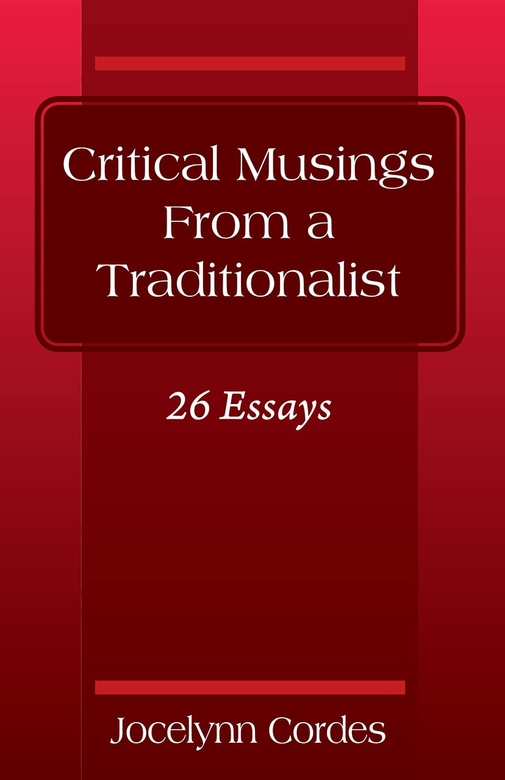 Delivering a wide-ranging and perceptive thesis on the state of American society today, Critical Musings from a Traditionalist by Jocelynn Cordes is a timely piece of social critique.
Delivering a wide-ranging and perceptive thesis on the state of American society today, Critical Musings from a Traditionalist by Jocelynn Cordes is a timely piece of social critique.
Presenting a kaleidoscope of anecdotes, events, and key issues reweaving the fabric of modern America, this collection of essays is a carefully crafted hot take on the things that divide us. Whether reflecting on the hidden agenda of recent protest movements, the fundamental shifts happening in our education system, governmental oversight and overreach, or the obsession with defining and defending patriotism, these hard-hitting essays run the gamut of social media, smear campaigns, racial reckonings, and misogyny, sprinkled with a subtle disdain for youthful or revolutionary ideals.
Using long-form metaphors and a conversational tone, Cordes is both a student of history and a loyal proponent of “traditional” American values, arguing against invasive ideologies and progressive shifts in social structure, be they in education, law enforcement, political representation, human rights, or media output. Some of the lighter essays could be considered relatively neutral think pieces, and fit within the category of titular “musings,” while others are sharply worded criticisms of contemporary society and certain belief systems that are antithetical to her own.
Speaking out plainly against communist sympathizers, members of the “woke” generation, Antifa, and the “barbarism” the author assigns to certain regions of the world, these essays most certainly fall on one side of the political divide, closely echoing mainstream and fringe conservative talking points from recent years. Cordes is abundantly clear in her political leanings and views on the world, such as her apparent disbelief in racial and ethnic inequality, epitomized in the essay “White Supremacy or Evolution?” Furthering the notion that the 2020 election was “rife with election fraud” and promoting the idea that Christians are a marginalized people around the globe are just a few of the claims that will only appeal to a certain reader.
With thinly veiled warnings about “treasonous” political elements and the defense of conspiracy theories, the writer’s contentious ideas are presented as probing questions, nudging readers to connect the dots, which is a somewhat transparent ploy, given her clear stance and purpose for penning these essays. There are numerous moments where the writer’s personal beliefs bleed into the facts she is attempting to present, undercutting the authority she is working hard to claim, and the text often fails to argue in good faith, stating opinion or conjecture as fact, without conveying a nuanced analysis of alternative viewpoints. Speaking with passion is one thing, but resorting to condescension, insults, and cherry-picked truths does little to sway anyone’s opinion, unless this book is only intended as a validating panacea for like-minded consumers.
That said, the author admits to resisting some earlier editorial advice in these areas, so one knows her intentions at the start, and you won’t find a much better defense of these positions. While the framing and presentation of these arguments may seem biased, the writing is undeniably sharp and accessible, resulting in a concise, shrewdly written work of modern political analysis.
Available At










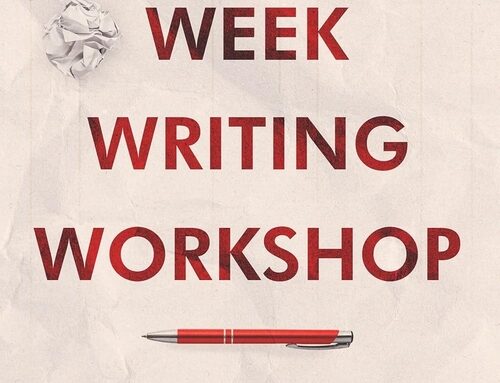

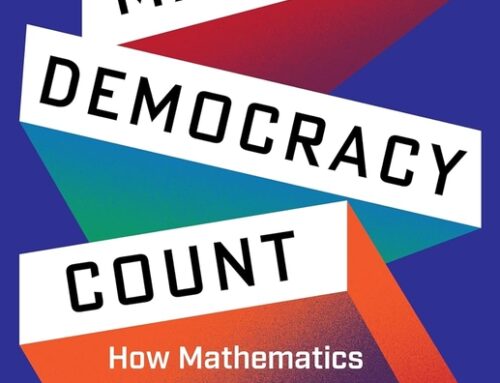
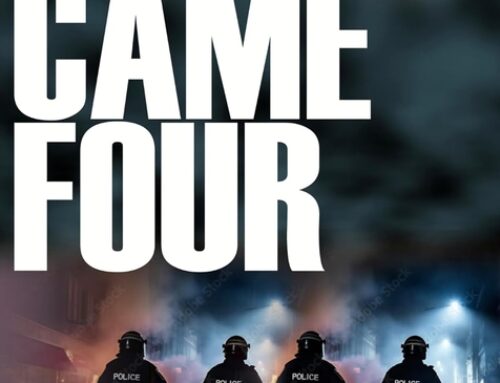
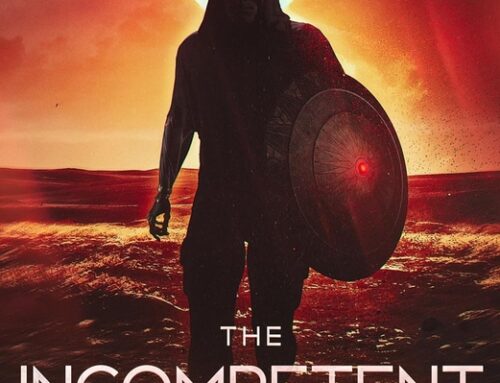



Leave A Comment